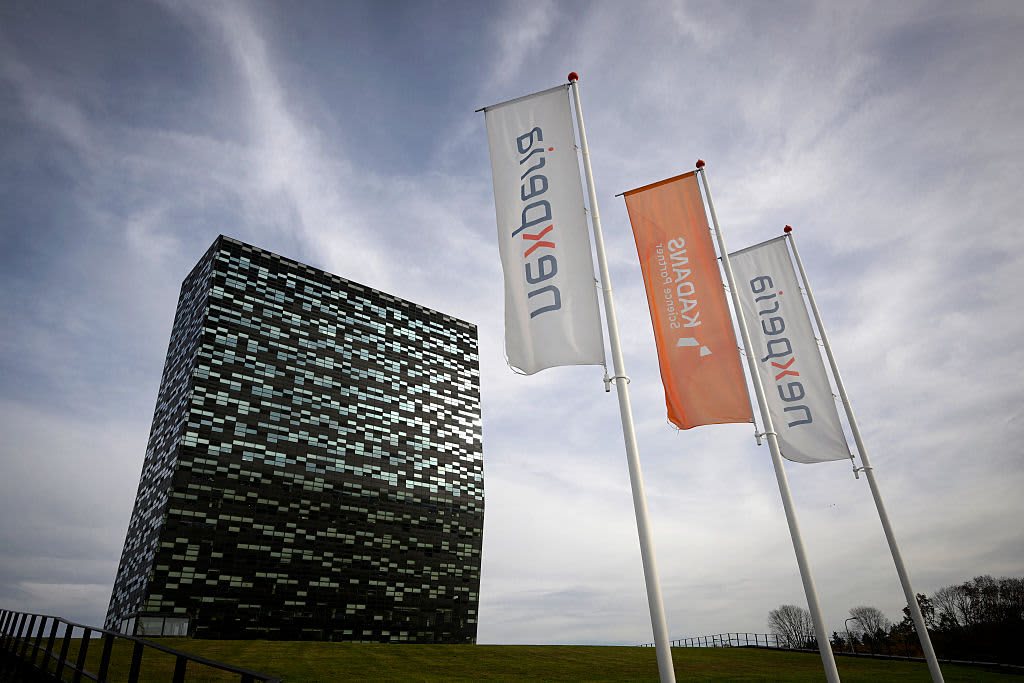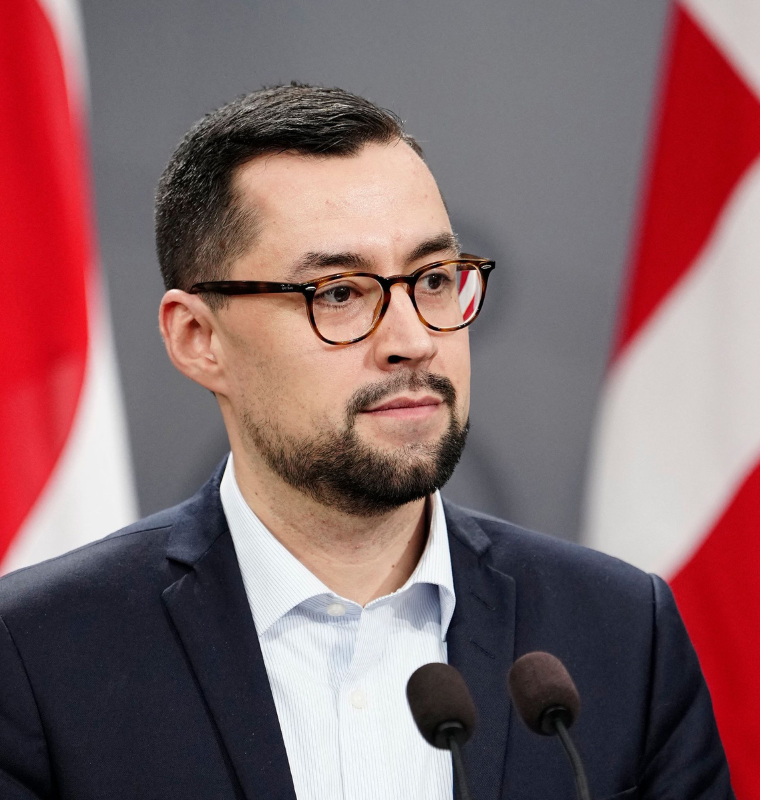Netherlands Ends State Control Over Chinese-Owned Nexperia
Netherlands Ends State Control Over Chinese-Owned Nexperia
By
Leah Rosenfeld
Last updated:
November 20, 2025
First Published:
November 30, 2025

This photograph shows a general view of Nexperia headquarters in Nijmegen on November 6, 2025.
John Thys | Afp | Getty Images
The Dutch government announced on Wednesday that it has ended its state intervention at Nexperia, the Chinese-owned semiconductor manufacturer whose operations had become the center of a months-long diplomatic and industrial dispute. The decision follows a series of intensive negotiations between The Hague and Beijing, marking a significant step toward restoring stability in a global chip supply chain already strained by shortages and geopolitical friction.
Economy Minister Vincent Karremans called the move “a gesture of goodwill,” noting that recent discussions made it clear the Chinese government was now allowing companies in Europe and elsewhere to resume exporting Nexperia-produced chips. In a detailed letter to parliament, he emphasized that this shift represented “an important step forward” and justified the suspension of the emergency order placed on the company earlier this year.
The intervention originally began in September, when the Dutch government invoked the Cold War-era Goods Availability Act to temporarily seize control of Nexperia. The rare and forceful action came after U.S. officials expressed concerns that the company’s technology — widely used in automotive manufacturing, consumer devices and industrial electronics — could become inaccessible during a geopolitical crisis. Dutch authorities argued that maintaining uninterrupted access to high-volume semiconductor production was essential for national and economic security, particularly as Europe grappled with intensifying chip shortages.
China responded swiftly and sharply, halting exports of Nexperia’s finished products. The move sent shockwaves through the automotive sector, prompting major manufacturers to warn that further supply disruptions could affect production timelines and worsen a chip shortage that had already cost global automakers billions of dollars in lost output since 2020. Nexperia, headquartered in the Netherlands but owned by China’s Wingtech, supplies components to many of the world’s largest automotive and electronics brands.
With talks improving in recent weeks, the Dutch economic affairs ministry said it was “the right moment to take a constructive step” by lifting the order. Officials added that discussions with Chinese authorities will continue, signaling that the long-term framework for ensuring chip availability still requires careful negotiation.
Beijing’s response was cautiously positive. China’s Commerce Ministry described the Dutch decision as “a first step in the right direction,” while insisting that deeper issues surrounding what it described as “chaos and instability” in the global semiconductor industry must still be addressed. Industry observers note that China’s growing frustration with Western export controls has added pressure to restore smoother trade flows.
European Union officials also welcomed the development. EU trade chief Maros Sefcovic said the decision would help stabilize strategic supply lines across the bloc, emphasizing that open communication with key partners was essential to maintaining reliable global trade. The EU has been investing heavily in semiconductor resilience, including its European Chips Act, which aims to double the region’s chip production capacity by 2030.
Financial markets responded cautiously. Shares of major European automakers — among the industries most affected by any disruption at Nexperia — traded mixed during Wednesday’s session. Stellantis edged up zero point one percent, while Volkswagen, Mercedes-Benz and BMW traded slightly lower. Analysts noted that while the Dutch decision reduces immediate risk, the broader semiconductor landscape remains vulnerable to geopolitical swings, regulatory interventions and shifting export rules.
With state control lifted and export channels reopening, Nexperia’s operations appear to be stabilizing. Yet both industry leaders and policymakers acknowledge that the path toward a more secure and predictable global chip market will require continued negotiation, coordination and long-term strategic planning among the world’s major economies.
Popular articles
Subscribe to unlock premium content
Snow, Silence, and Splendor

The $60 Million Market for Ultra-Exclusive Executive Pop-Up Experiences

Conquering the Poles in Absolute Luxury

Snow, Silence, and Splendor

The $60 Million Market for Ultra-Exclusive Executive Pop-Up Experiences

Snow, Silence, and Splendor









